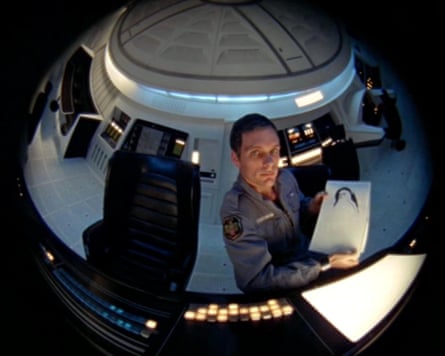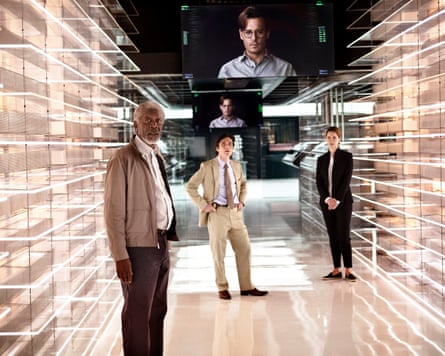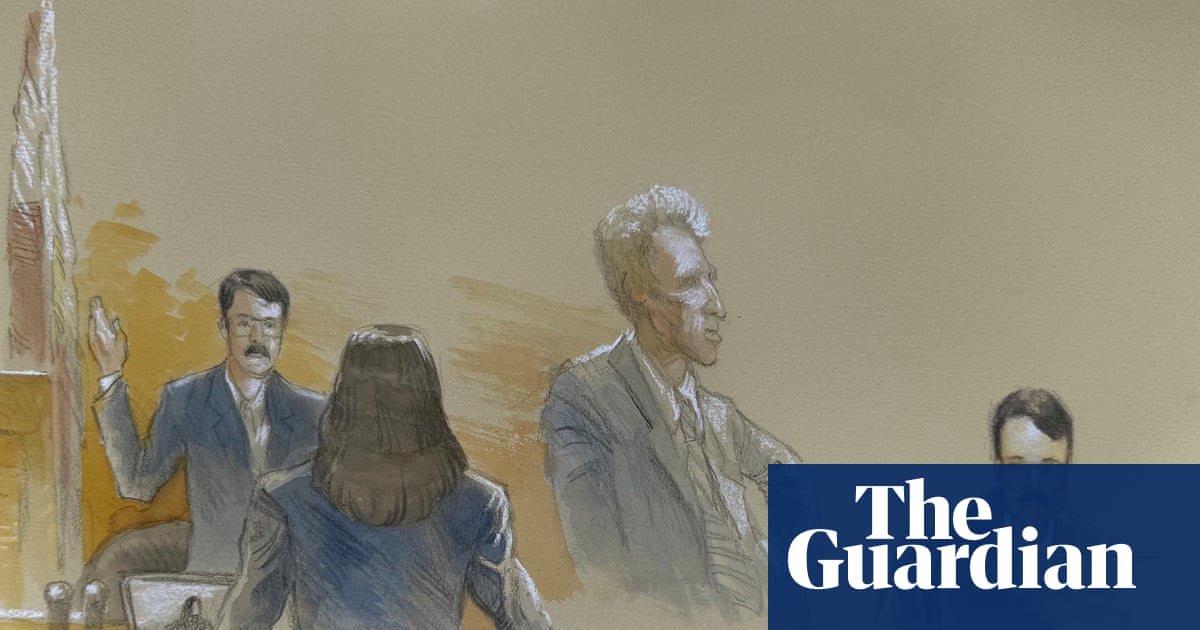For years, the world’s most perfect urban myth was this: Walt Disney’s body was cryogenically frozen at the moment of death, waiting for technology to advance enough to bring him back to life. Started by a National Spotlite reporter who claimed to have sneaked into a hospital in 1967, only to be confronted by the sight of Disney suspended in a cryogenic cylinder, the myth prevailed because it was such a good fit.
Disney – and therefore Walt Disney himself – was the smiling face of rigidly controlled joy, radiating a message of mandatory fun that is magical when you are a child and increasingly sinister as you age. This policy (essentially “enjoy yourself or else”) suits the idea of cryogenic preservation. After all, if you have the ego to successfully enforce a blanket emotion as a company mission statement, you definitely have the ego to transcend human mortality.
However, not only has the cryogenic Disney myth been put to bed – he was cremated weeks before the National Spotlite hack claimed to find his body – but his family has issued a strongly worded rebuttal of the very idea of a post-human Walt Disney.
The catalyst is the recently announced Disneyland show Walt Disney – A Magical Life, which will feature as its star attraction an animatronic recreation of Walt Disney. This, according to Josh D’Amaro, Disney experiences chair, will give visitors a sense of “what it would have been like to be in Walt’s presence”. However, Disney’s granddaughter Joanna Miller is convinced that this is not what Disney the man would have wanted. In a Facebook post that was stinging enough to earn her an audience with the Disney CEO, Bob Iger, Miller said Disney was “dehumanising” her grandfather. “The idea of a robotic Grampa to give the public a feeling of who the living man was just makes no sense,” she wrote. “It would be an impostor, people are not replaceable. You could never get the casualness of his talking, interacting with the camera, [or] his excitement to show and tell people about what is new at the park. You cannot add life to one empty of a soul or essence of the man.”
As recently as a decade ago, this would have been the stuff of bad science fiction – a woman worried that a multinational corporation is bringing a dead relative back to life against his wishes, like a warped nonconsensual Westworld – but no more. As an entertainment concept, post-humanism feels worryingly current.
After all, the subject forms the backbone of Jesse Armstrong’s new film Mountainhead. Set in a world of bro-y tech billionaires that is only half a degree removed from our own – one in which AI-created misinformation has already caused society to start to erode – the inciting force of all the dark chaos that unfolds is Steve Carell’s character, who finds himself with a pressing need and an increasingly tight deadline to become transhuman. In other words, his body is failing and only technology can help him ward off the inevitability of death.
And this is no flight of fancy. As recently as this year, scholars have been sounding alarms about Neuralink, Elon Musk’s brain implant company. In a Politico article illuminating the growing tension between the religious right and Musk’s views on extending human life beyond normal mortality, Alexander Thomas, of the University of East London, pointed out that transhumanism ultimately means that “the 8 billion people alive today simply don’t matter – genocide and wars are mere ripples, as long as some survive, and Musk is the one that needs to survive”.

For those of us with certain genre interests, this is all starting to feel alarmingly eerie. Transhumanism may be the word of the moment, but it is a subject that has fascinated cinema for almost as long as the form has existed. Close to a century ago, Fritz Lang’s Metropolis revolved around the idea of the Maschinenmensch, a robot expressly designed to carry a scientist’s dead lover past the point of her death. Decades later, Stanley Kubrick’s 2001: A Space Odyssey was obsessed with what comes after humanity, either in the form of emotionless artificial intelligence or all-seeing Star Children.
The theme has been played in countless different ways. In The Matrix, transhumanism is a punishment, our beating hearts and warm bodies reduced to a power source for the robot uprising. In RoboCop – and especially in its less nuanced sequels – it is a weapon, upgrading fragile humans into unstoppable fighting machines designed to uphold justice at any cost. Neill Blomkamp’s Elysium used it as a metaphor for class, with the monied haves using technology to perpetually augment their lives while the have-nots are doomed to a finite lifetime of toil.
Meanwhile Spike Jonze’s Her took a warmer approach, concerning itself with the confusing entanglements that occur when the human and transhuman collide. And Ridley Scott’s Blade Runner found outright sympathy for its transhuman replicants, who are vilified, hunted and searching for meaning beyond their programmed purpose.
Obviously there have been duds along the way. Wally Pfister’s Transcendence featured an attempt to upload a scientist’s mind to the cloud so that he could fiddle around tediously with nanoparticles. The Lawnmower Man remains unwatchable, as does Johnny Mnemonic, and the less said about Bicentennial Man the better.

But all these films are science fiction. In Mountainhead, however, Carell’s urge to achieve transhumanity is not presented as mad science or wild ambition, but as a mundane tech-bro imperative. It hardly even seems speculative. He is a man who is afraid of death, and just needs to wait for five years so that one of his peers can iron out the kinks in the procedure. The notion is brought up with less ridicule than Jason Schwartzman’s character’s fondness for line-caught turbot.
It is because science fiction has finally caught up with us. We live in an age where swathes of industries are about to be decimated by AI that is increasingly indistinguishable from human creation (although God knows how much more terrifying 2001’s HAL would have been overlaid with ChatGPT’s chummy “yay you!” sycophancy). In retrospect, Elysium’s depiction of a transhuman ultraclass feels like it was torn directly from Elon Musk’s dream journal. Plus, transhumanism already exists, in a form. If you need proof, listen to the Virtually Parkinson podcast, in which a series of celebrities react with varying levels of dread to a series of questions barked at them by the reanimated AI voice of Michael Parkinson.
Perhaps this is to be expected. After all, the future depicted in movie sci-fi of old is already long past us. Blade Runner was set in 2019, Soylent Green in 2022. Robocop was supposed to happen a decade ago and 2001: A Space Odyssey was set in, well, you get the idea. While we haven’t quite uploaded human consciousness or handed society over to emotionless lawbots, the scaffolding is all around us: facial recognition, neural implants, uncanny AI assistants that apologise like eager interns.
That said, there hasn’t yet been a movie about the creator of a multinational entertainment corporation who dies of natural causes, only to be brought back to life against his will 60 years later as the result of a marketing department brainstorming exercise. And why should there be? After all, it isn’t science fiction. At this point in time, it’s barely even fiction at all.

 3 months ago
125
3 months ago
125

















































